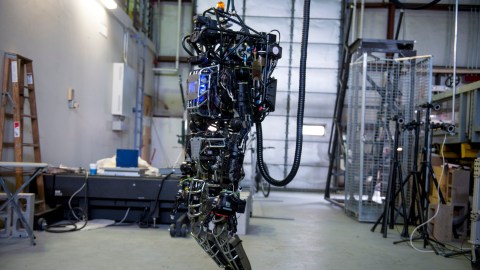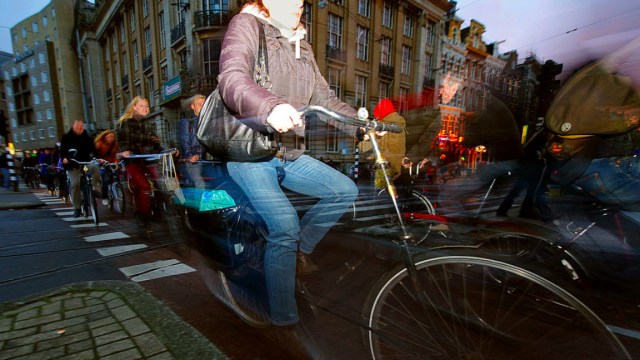Will Technology Progress or Bring down Humanity?

The Bulletin of the Atomic Scientists decided to keep the hands of the Doomsday Clock at three minutes to midnight. The decision was meant to express disappointment in the world’s failure to take dramatic action to curb climate change and the risk of nuclear disaster. Lower down on the list of potential catastrophes is a worry that disruptive technological advancements are going unchecked.
“It is clear that advances in biotechnology; in artificial intelligence, particularly for use in robotic weapons; and in the cyber realm all have the potential to create global-scale risk,” the group wrote.
The Bulletin recognizes advancements in artificial intelligence have the capacity to do great good for humanity, but alsogreat harm. It has been growing at such a rapid pace thanks in part to deep learning, but the board and the world’s brightest minds have given cause to worry.
The fear of a corporate-driven Skynet-like catastrophe has been on the minds of many brilliant thinkers. It has been such a concern for Elon Musk that he helped found OpenAI, a nonprofit artificial intelligence research company. It was established on the belief that it’s “important to have a leading research institution which can prioritize a good outcome for all over its own self-interest.” This institution would help create a place to develop without the potential for misuse by an unregulated government, scientific, or corporate institution.
“Where the technology is pushing conflict is moving so much faster than our systems ability to adapt and regulate it that it’s going to be a real challenge for us the next 10 to 15 years.”





